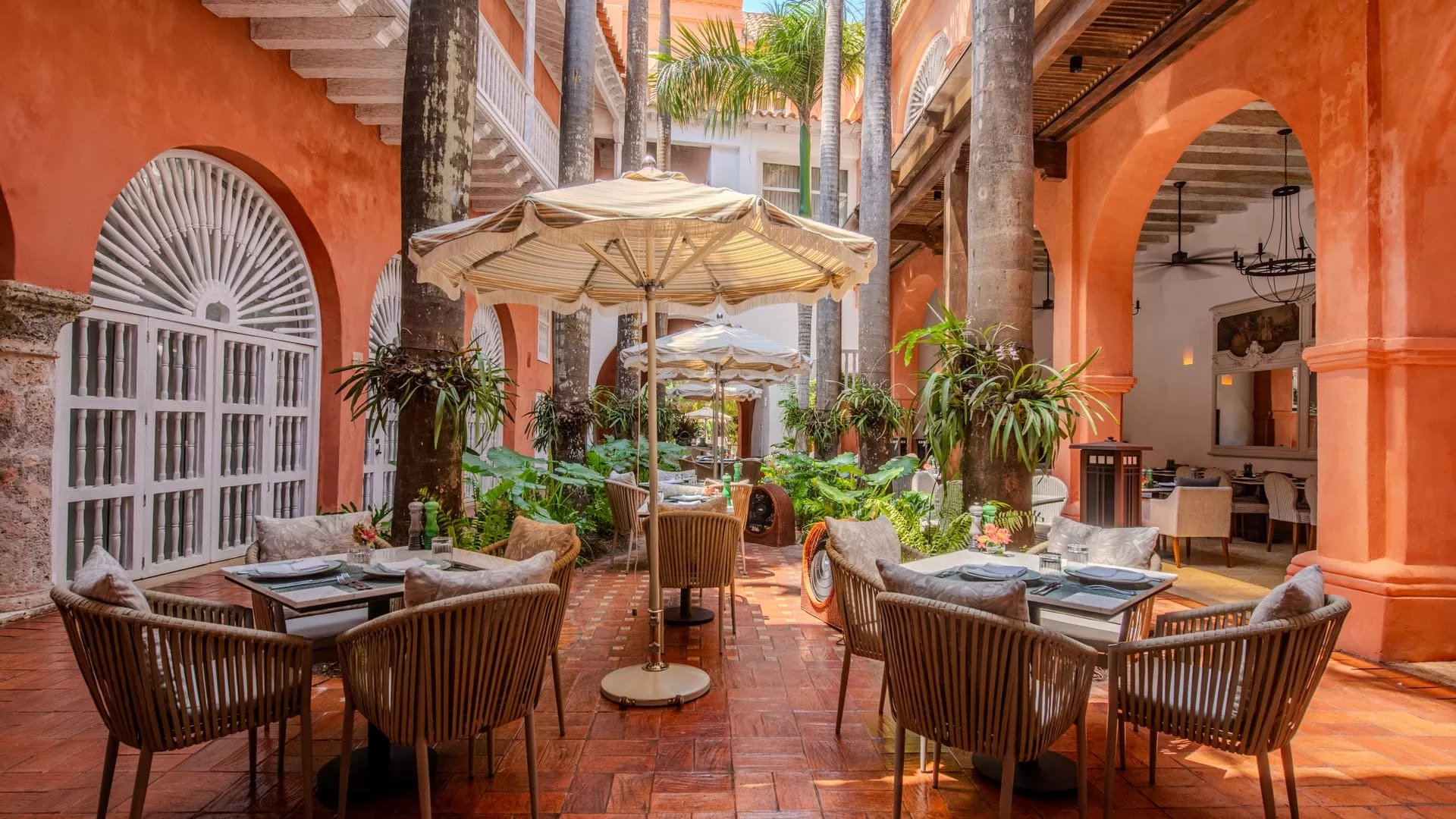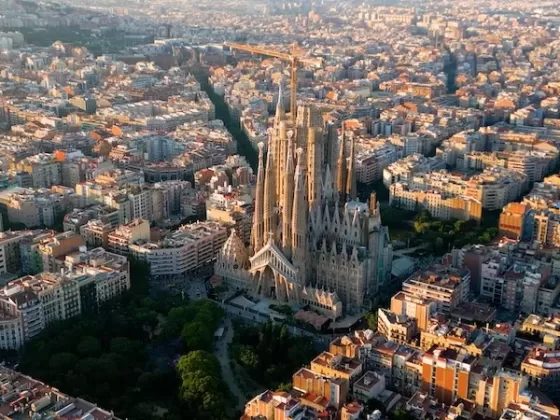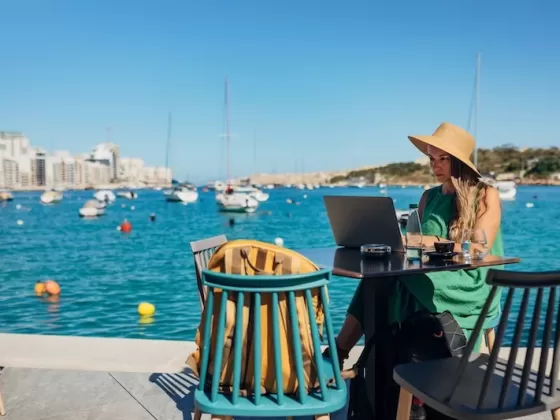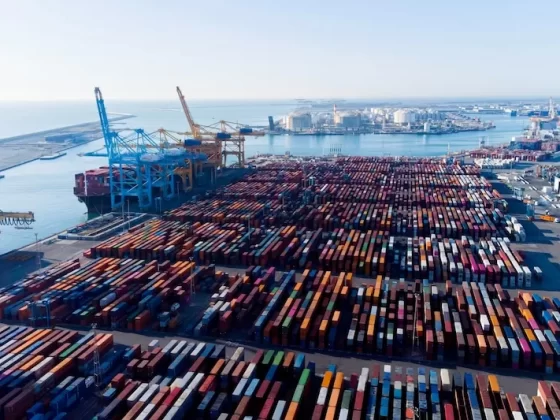Portugal has in recent years emerged as one of the world’s top destination for expats and digital nomads, thanks to its cultured cities, beautiful landscapes, rich history, and sunny climate.
Smart people seem to be moving here everyday, and if you’re thinking of following in their footsteps, you should know there’s much more to Portugal than the glossy marketing campaigns.
Based on my experiences living here for nearly eight years, here are the top 10 things you need to know before booking your flights and packing your bags.
#1. Don’t Believe the Hype
Many articles about moving to Portugal are written by people in real estate who stand to profit if you rent or buy property. Their goal isn’t to paint a balanced picture but to entice you to click links that earn them commissions. Be cautious about what you read and dig deeper into forums, expat groups, and firsthand accounts for unbiased insights
I recommend taking the time to dig deeper into forums, expat groups, and firsthand accounts to get the best, most unbiased insights.

#2. 330 Days of Sun??
Yes, Portugal is sunny, as per its famous claim of “330 days of Sun” each year, but not all the time. There are basically two seasons: summer and winter.
From October to April, expect frequent rain. While you may get an hour or so of sun on a rainy day, don’t count on it being dry. Out of 40 European states, Portugal comes in at 13th for annual precipitation, receiving nearly 900 mm of rain each year.
So if you’re coming for the “endless sunshine,” keep your expectations in check.
#3. Low Wages, High Cost of Living
Pay in Portugal is among the lowest in Western Europe. The average monthly salary is around €1,100, while minimum wage is €760. At the same time, the cost of living in cities like Lisbon and Porto has risen significantly due to increased tourism, nomadism, and foreign investment.
Rent and utilities often rival costs in major U.S. cities. If you’re not bringing a remote job or substantial savings, it can be financially challenging to settle here.
#4. High Import Taxes
Imported goods, especially electronics, are taxed heavily in Portugal. Laptops, phones, and other tech gadgets can cost up to 50 percent more than back home in the US. Everyday items like clothing and shoes also tend to be pricier than you might expect.
Be sure to factor these costs into your budget when planning your move.
#5. Vibrant Cities and Social Scenes
Despite some challenges, cities like Lisboa and Porto are incredibly lively and diverse. And smaller towns like Coimbra and Lagos can also be surprisingly vibrant.
You’ll find a mix of locals, expats, and tourists, and the cultural and nightlife options are plentiful. From cafes and wine bars to live music venues and festivals, there’s always something going on.
For anyone seeking a social and vibrant lifestyle, Portugal delivers.
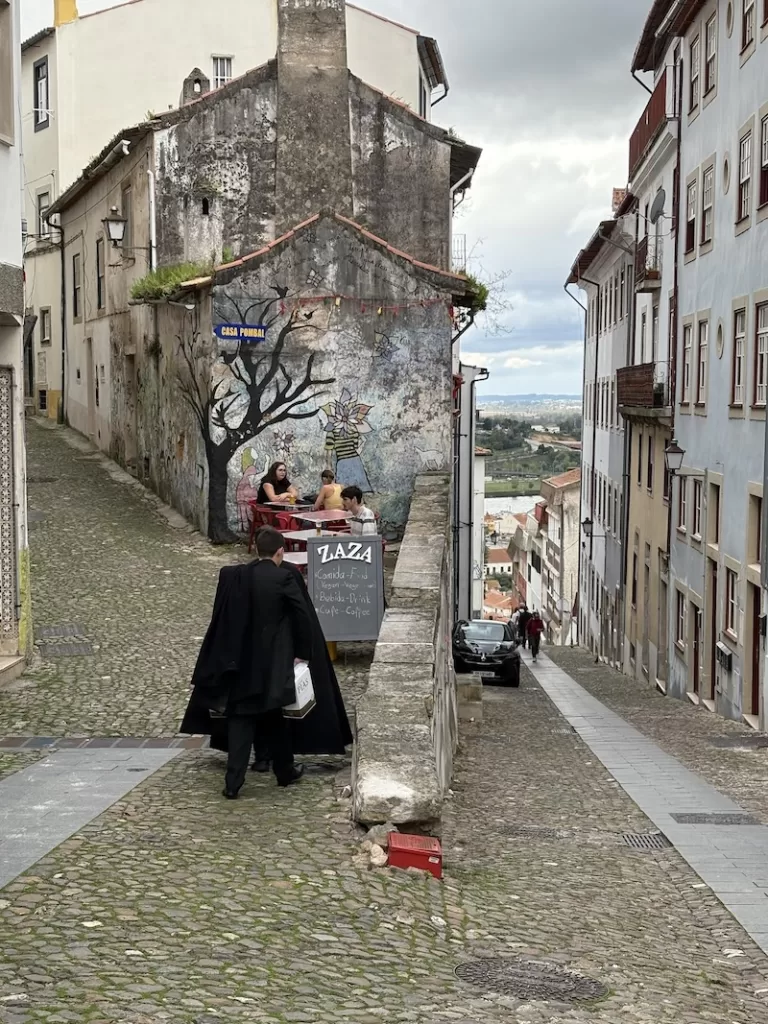
#6. Poor Public Transport
Public transit in Lisbon and Porto may disappoint those used to robust systems like New York City or Chicago. Buses and trains can be inconsistent and slow. On the upside, Ubers are incredibly cheap compared to the US, often costing only a few euros for short rides.
Unless you frequently travel outside the city, there’s no need to own a car, and I’d advise against it due to narrow streets and challenging parking.
Read more like this: Top 10 Things to Know if You’re Moving to Panama
#7. Game-Changing Healthcare
Portugal’s healthcare system is one of its great assets. Private insurance plans are very affordable, with top-tier plans costing around $130 per month. Private hospitals offer excellent care, often surpassing what I experienced in the U.S.
In the past few years I’ve had two surgeries on my hand, and both cost less than $300. Back home in the U.S. I bet I would have paid 10 times that much. That’s a true game-changer.
If U.S. health insurance has left you frustrated, you’ll find Portugal a refreshing change.
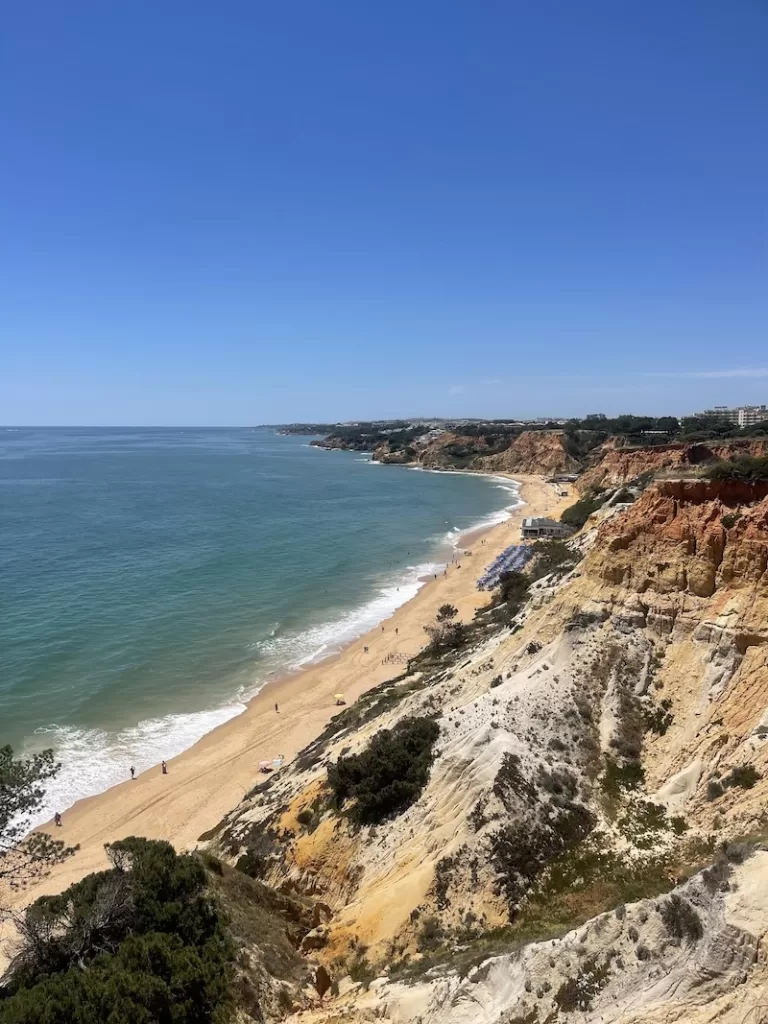
#8. Bikes Not Welcome
Biking here is not for the faint of heart.
Portuguese cities lack proper bike lanes and the sidewalks are narrow and uneven. It’s common for buses and cars to come alarmingly close to pedestrians and cyclists. If biking is central to your lifestyle, you’ll likely find Portugal’s infrastructure frustrating and even unsafe.
You might want to consider a lifestyle change, or move to another country.
#9. Learning Portuguese Is Essential
While many people in Portugal, especially in cities, speak English, integrating into the culture is much easier if you learn Portuguese. Simple phrases go a long way in daily interactions, and locals appreciate the effort.
Plus, government documents, utilities, and many apps are in Portuguese, so understanding the language is key to navigating life here.

#10. Bureaucratic Frustrations
Portugal is infamous for its slow and cumbersome bureaucracy. From securing residency permits to setting up utilities, processes often involve long waits, multiple trips, and a lot of patience.
It’s not uncommon to encounter conflicting information depending on who you speak to. If you’re planning a move, prepare yourself for red tape and delays—and bring plenty of patience.
Moving to Portugal can be a rewarding adventure, but it’s not without challenges. By understanding these realities and planning accordingly, you’ll be better prepared to make the most of life in this beautiful country. For me, the upsides far outweigh the downsides, but it’s essential to know what you’re signing up for.
If you’re ready to embrace the journey, Portugal might just surprise you in all the right ways.
————————
Daniel Wilhelm, an American business development consultant, has lived in Lisbon since 2017. His journey started on the shores of Nicaragua and eventually took him to the coast of Portugal. Dan and his wife enjoy traveling to lesser-known parts of the world, when they are not catering to their chow chow, Olivia.
Daniel Wilhelm

